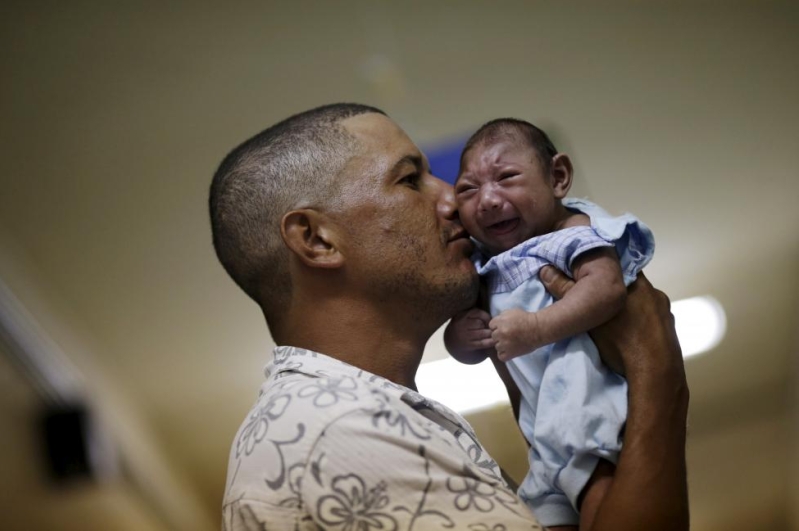
As the Zika virus continues to spread in Latin America, Catholic leaders are advising women who are against the use of contraceptives or are in support of abortions, despite health officials in certain countries warning females not to get pregnant due to the increased risk of birth defects.
Such difficulties brought on by Zika for the Roman Catholic Church arise as Pope Francis pays his first visit to Mexico, where the disease is reportedly spreading.
Following their brief statements on the issue, bishops in Latin America have now begun to voice out their sentiments and insist on the church’s disagreement with birth control and abortion, which are positions that are uncommon and overlooked, even among Catholics, in Latin America.
“Contraceptives are not a solution,” Bishop Leonardo Ulrich Steiner, an auxiliary bishop in Brazil, stated in an interview. “There is not a single change in the church’s position.”
Also the secretary general of the National Council of Bishops of Brazil, Steiner is encouraging couples to live out chastity or use “natural family planning,” also widely recognized as a method with which women observe their menstrual cycles and avoid sexual activities when they are fertile.
Such notions, however, may be unlikely to be followed in South America because this continent remains to have the highest number of Catholics who have already expressed opposition to the church’s ban on birth control and abortion, as stated in an extensive international poll carried out by Univision in 2014.
Seventy-three percent of the Catholics in Latin America expressed their acceptance of abortion in certain or even all cases, whereas 91 percent expressed support towards the use of contraceptives — a significantly higher percentage compared to the United States or Europe.
There has not been any department in the Vatican that has released a statement about the Zika issue; it also remains uncertain whether Pope Francis will touch on the subject during his trip to Mexico, as stated by Rev. Thomas Rosica, the English-language media representative to the Vatican’s press office.
“The Vatican is very well aware of the seriousness of this issue, and the Holy Father is very aware of it,” Father Rosica said. “We’re waiting to see how the local churches in those countries respond.”
However, Father Rosica pointed out that church teaching and principles on abortion and contraception will remain the same. He also explained that the Zika outbreak is “an opportunity for the church to recommit itself to the dignity and sacredness of life, even in very precarious moments like this.”
The five nations in Latin America and the Caribbean that have warned women to delay pregnancy are Brazil, Ecuador, El Salvador, Colombia and Jamaica, although access to contraceptives is limited throughout the region, particularly for underprivileged women.
The Zika virus is spread by mosquitoes who belong to the Aedes genus, although researchers have found and associated a number of cases transmitted by sexual contact. It also remains uncertain whether the virus is the cause of a rapid surge in babies born in Brazil with microcephaly — abnormally small heads and, most often, damaged brains.
Currently, there is no vaccine for the Zika virus, nor is there a cure for microcephaly. According to the World Health Organization, such epidemic has become a global emergency regarding public health. The organization has already urged women to be cognizant of contraceptive options and have “safe abortion services to the full extent of the law.”







